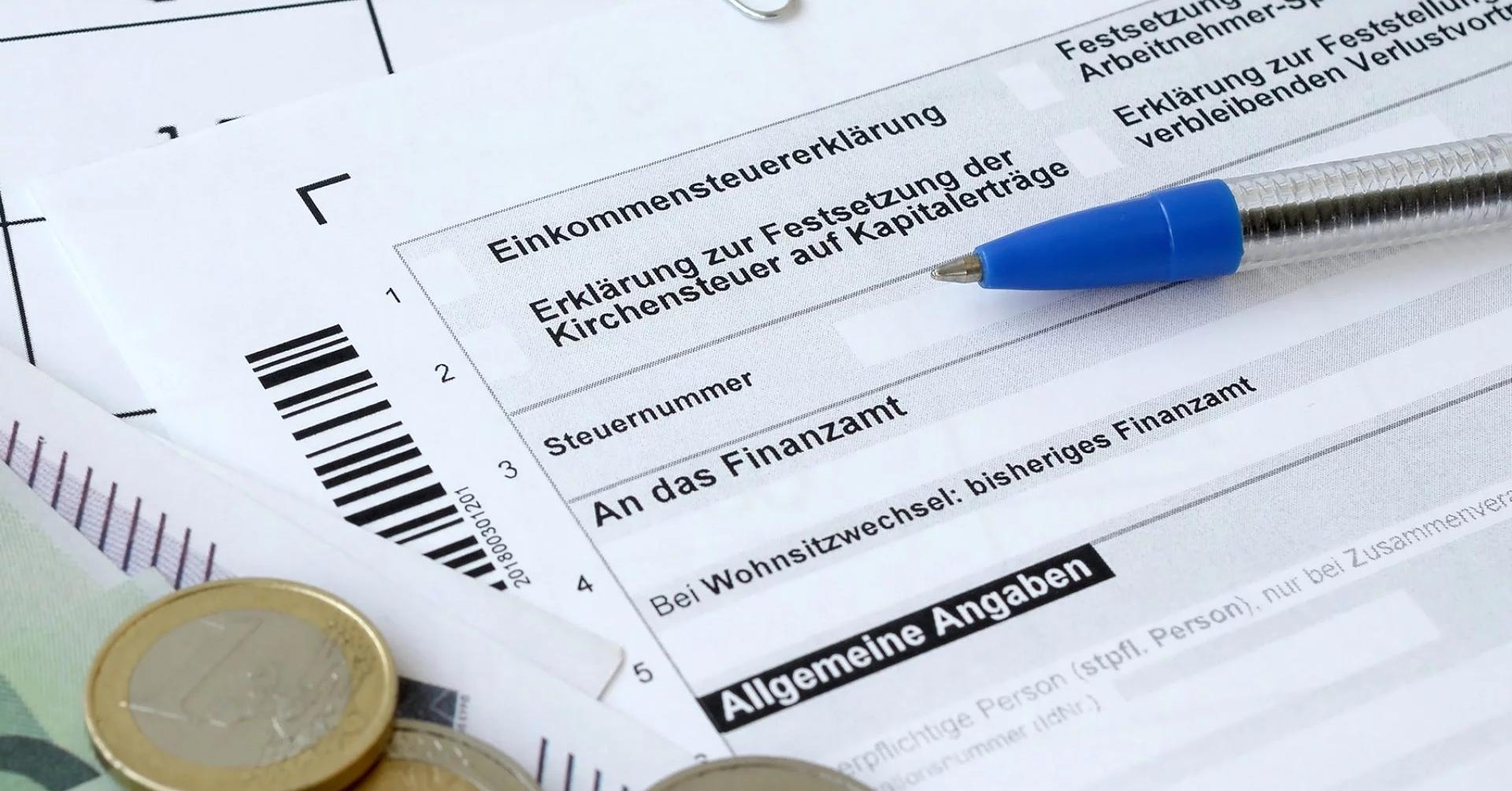Luxembourg is a country with an advanced economy and high living standards. Like many nations, it requires residents to file income tax returns annually. This article will guide you step by step through the Luxembourgish tax filing process, aiding you to navigate the complexities of its tax system efficiently.
Understanding Luxembourg’s Tax System
Luxembourg’s tax system is progressive, meaning the more you earn, the higher the percentage of tax you pay. It is essential to understand the intricacies of the tax system to ensure proper compliance and to avoid any unnecessary fines or penalties.
- Residence and Tax Liability: Residents of Luxembourg are taxed on their worldwide income, while non-residents are taxed only on income derived from Luxembourg sources. Establishing your tax residence status is crucial as it determines your tax liability.
- Tax Classes: Individuals are assigned to one of three tax classes, each with varying rates and allowances. These classes are determined by marital status and household composition, impacting the overall tax burden.
- Tax Year: In Luxembourg, the tax year corresponds with the calendar year, running from January 1st to December 31st. Residents are obligated to file an annual tax return by March 31st of the following year, though extensions can be requested.
Gathering Necessary Documentation
Proper documentation is paramount to accurately filing your taxes. This process involves collating different types of paperwork that provide insight into your income, deductions, and other pertinent information.
- Income Statements: Collecting statements from your employer detailing your earned income is crucial. These documents should provide a clear picture of your gross income, social security contributions, and any withheld taxes.
- Deduction Receipts: It’s important to gather all receipts and documents related to deductible expenses, such as mortgage interest, insurance premiums, and contributions to approved pension schemes. Proper documentation will ensure that you can claim all eligible deductions.
- Investment Income: Any income generated from investments, such as dividends or interest, should be thoroughly documented. This includes statements from banks or financial institutions detailing the income earned.
Completing the Tax Return Form
The tax return form is the foundational document where you report your income, calculate your tax liability, and claim any deductions or credits. It is crucial to complete this form accurately to avoid any complications or delays.
- Filling Out the Form: The tax return form can be obtained from the Luxembourg tax authorities or downloaded online. It should be completed meticulously, with attention to detail, ensuring that all information provided is accurate and complete.
- Claiming Deductions and Credits: After reporting your income, the next step is to claim any eligible deductions and credits. Deductions can include expenses related to employment, housing, and education, while credits may be available for specific situations such as having children or being environmentally conscious.
Submitting the Tax Return
After completing the form and verifying the provided information, the next step is to submit the tax return. This can be done either by mail or online, depending on your preference.
- Online Submission: Submitting your tax return online is a convenient option. The Luxembourg tax authorities provide a secure platform, Guichet.lu, where residents can submit their returns electronically. This method is efficient, reduces the risk of errors, and allows for quicker processing.
- Paper Submission: If you prefer the traditional route, you can mail your completed tax return form, along with all necessary documentation, to the relevant tax office. Ensure that all paperwork is organized, and consider sending it via registered mail to confirm receipt.
Paying Your Tax Liability
Once your tax return is processed, you will receive a notice of assessment indicating your tax liability or refund. Timely payment is essential to avoid interest and penalties.
- Payment Methods: You can pay your taxes through various methods, including bank transfer, cheque, or direct debit. Choose a method that is convenient for you and make sure to pay before the deadline.
- Arranging Installments: If you are unable to pay your tax liability in full, you may contact the tax office to arrange installment payments. It’s essential to address this proactively to prevent any legal repercussions.
Conclusion
Navigating the labyrinth of income taxes in Luxembourg may seem daunting, yet, with meticulous attention to every detail and a profound grasp of the tax structure, the process can be executed seamlessly. The utilization of handy tools like the tax calculator on luxtoday.lu can offer invaluable assistance in obtaining a preliminary estimate of your tax obligations, making it easier to plan and prepare. It’s crucial to collate all requisite documentation, acquaint yourself with eligible deductions and credits, and adhere to the stipulated deadlines to avert any penalties.
Choosing the modality of tax filing—whether electronically or via conventional mail—boils down to personal preference, but maintaining organization and acquiring sufficient knowledge will undeniably simplify the process. By rigorously adhering to the outlined procedures and regularly consulting reliable resources like luxtoday.lu for updated information and tools, you can fulfill your tax responsibilities in Luxembourg proficiently, and in the process, achieve an optimal tax scenario.
Remember, staying proactive, informed, and organized is the key to a smooth and hassle-free tax filing experience in Luxembourg.

